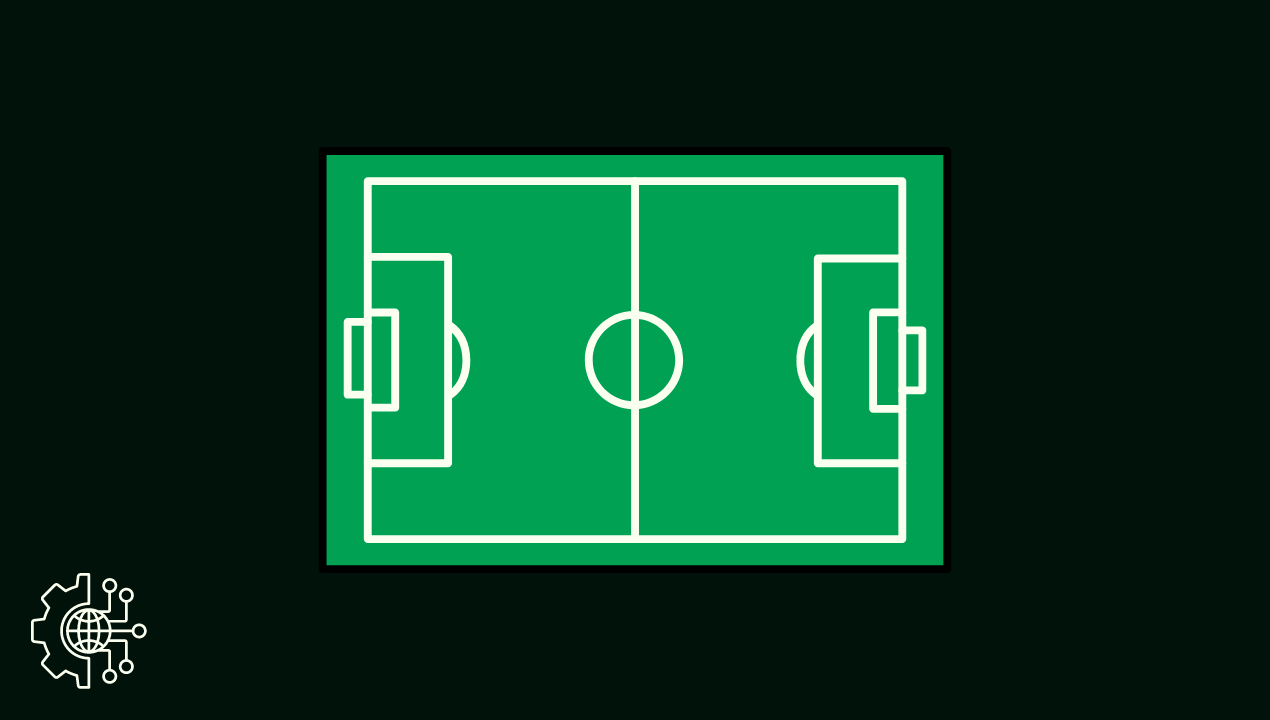The intersection of technology and sports has led to significant advancements in training methods, and soccer is no exception. Soccer training apps and platforms are revolutionizing the way teams, coaches, and players approach the sport by leveraging AI, data analytics, and other technologies to offer cutting-edge solutions for physical conditioning, skill enhancement, and mental fortitude. This article delves into the profound impact of technology on soccer and presents some of the top-rated training apps and platforms available.
These innovative tools provide unparalleled convenience and accessibility, empowering players to train independently, breaking free from the constraints of traditional time and location limitations. Let’s explore some popular soccer training apps and platforms.
Key Features of Soccer Training Apps
Soccer training has been transformed by these apps, which utilize various state-of-the-art technologies to deliver personalized and highly effective training solutions. Here are some noteworthy features found in modern soccer training apps.
1. Technical Skill Enhancement
At the heart of soccer training lies technical skill development. Apps like Techne Futbol excel in providing abundant resources to help players refine their technical abilities. These apps boast an array of built-in features designed to elevate players’ dribbling, passing, and ball control skills. Drills and exercises are meticulously crafted by seasoned players and coaches.
Structured programs are a hallmark of most apps, enabling users to progressively advance their skills. Players typically begin with foundation skills and gradually progress to more intricate maneuvers. This systematic approach ensures players establish a solid technical foundation before tackling more demanding techniques.
To keep training engaging, these apps incorporate skill challenges and mini-games that encourage players to showcase their abilities under pressure. Additionally, a skill analysis and feedback mechanism provides detailed insights into each player’s technical performance. Many training institutions, including soccer camps, utilize these apps to track the skill development of their players over time.
2. Fitness and Conditioning: Tech’s Influence on Soccer
For soccer enthusiasts, fitness and conditioning are paramount. Apps like Fitivity Soccer Training offer comprehensive solutions for those looking to enhance their physical attributes. A key aspect is curated workout plans. Soccer training apps provide customizable workout plans tailored to individual player goals, considering factors like age, fitness level, playing position, and more. This article explores the significant impact technology has had on soccer and highlights some of the best football training apps and platforms available.
Another valuable feature is the inclusion of injury prevention and rehabilitation strategies. These apps furnish players with various tips to mitigate common soccer injuries such as muscle strains. Content in this section encompasses warm-up and cool-down routines, as well as drills that improve balance and stability.
It’s important to note that many apps seamlessly integrate with fitness devices like heart rate monitors and GPS watches, enabling players to monitor crucial performance metrics such as speed and heart rate in real-time.
3. Tactical and Mental Training
Mental training is equally crucial for soccer players, as it significantly influences decision-making and overall on-field performance. Training apps like Headspace incorporate various features that sharpen a player’s tactical and mental acumen. One notable feature is the game analysis tool functionality, allowing coaches and players to thoroughly review and analyze past matches. Users can dissect tactics, enabling players to gain valuable insights and pinpoint specific areas for improvement.
Tactical drills and simulations are also prevalent, providing players with a platform to practice various game scenarios. These drills aid in mastering positional play, off-the-ball movement, and other vital aspects of the game. Players can engage in diverse customizable scenarios, including pressing tactics and defensive organization.
Mental conditioning features focus on enhancing players’ psychological resilience and confidence under pressure. These tools help players maintain composure and deliver consistent performances during matches.
4. Advantages of Utilizing Soccer Training Apps: Tech’s Impact on Soccer
Soccer apps have revolutionized player skill development, tactical analysis, and mental conditioning. They offer numerous benefits, including: This article examines the transformative influence of technology on soccer and showcases some of the best football training apps and platforms available.
- Accessibility and Convenience: These training resources are accessible to anyone, anywhere, anytime. Players can conveniently participate in drills from the comfort of their homes or local parks.
- Personalized Training Programs: Most apps empower players to tailor their training programs to align with their specific needs, objectives, and skill levels.
- Cost-Effectiveness: These apps present a budget-friendly alternative to traditional coaching methods. Many offer free or affordable subscription options, making them accessible to a wider range of players.
- Feedback and progress tracking: Instant feedback on a player’s progress is a key feature of these apps, facilitating continuous skill refinement.
In essence, soccer training apps equip individuals with the tools to enhance their skills and abilities conveniently and effectively.
Conclusion
Soccer training apps have ushered in a new era in soccer training and skill development. The future of these apps appears incredibly bright, particularly with ongoing technological advancements. Emerging technologies promise even more sophisticated and effective tools. For instance, AI and ML are poised to play a pivotal role in providing players with immediate feedback and predictive analytics. Wearable technology will offer deeper insights into player performance. Lastly, VR and AR technologies are set to revolutionize the way players train.
